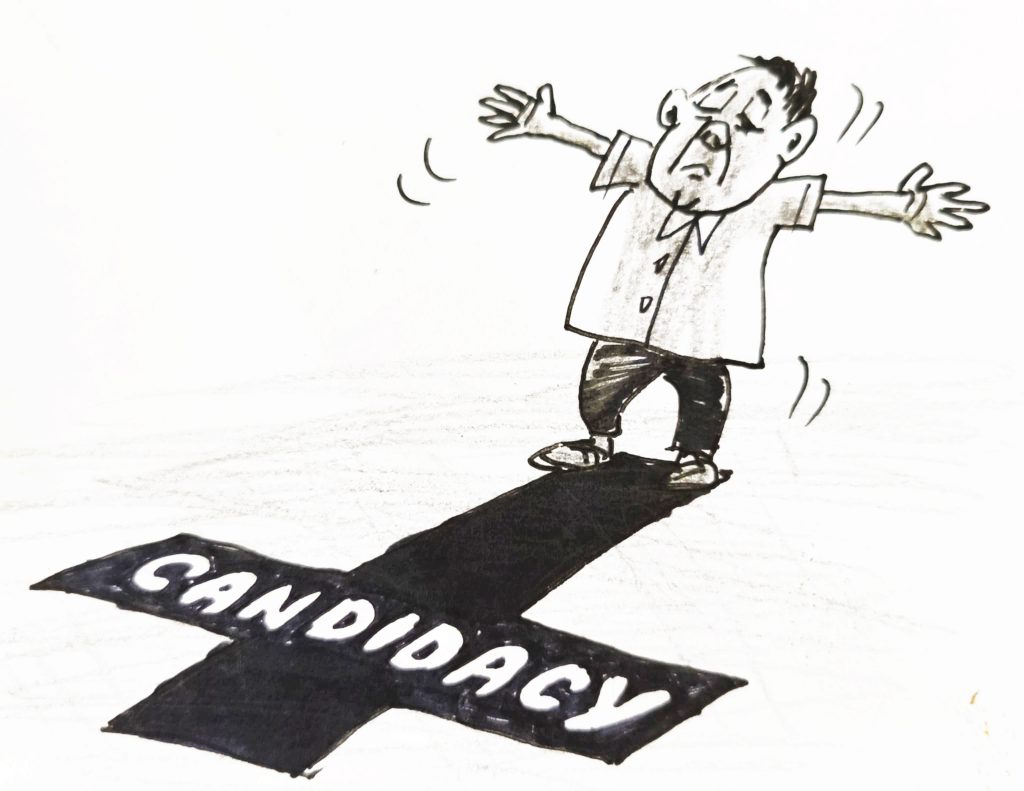As the nation observes the solemnity of the Lenten season, political candidates are urged to reflect deeply on the true purpose of their candidacy. This period of sacrifice, prayer, and penance must awaken in them the awareness that running for office is not a privilege to be abused, but a promise to serve—honestly, selflessly, and with full accountability to the people and God.
In a country where politics is often polluted by ambition, deceit, and transactional favors, the Lenten call to conversion and renewal must not bypass those aspiring for public office. Their motives must be questioned not by others but by their own conscience. If their desire to lead springs from vanity, vengeance, or self-enrichment, then their presence in public service will be nothing more than a continuation of the dysfunction that has long held the nation back. A campaign that is not rooted in moral purpose is a betrayal even before the oath is taken.
This is not an abstract plea for idealism but a demand for ethical grounding. Political authority is not a trophy—it is a weighty obligation to uplift the lives of those long neglected by broken systems. Lent reminds Christians that greatness is found in service, not in status. Political candidates who profess faith while simultaneously weaponizing religion for votes or manipulating the poor for publicity are contradicting everything this sacred season stands for. Faith without moral discipline is hypocrisy in public form.
The Philippines is a predominantly Catholic nation, and yet its political culture remains widely corrupt, self-serving, and unrepentant. Elections are turned into carnivals of flattery and falsehoods. Public trust is bartered with cheap promises and petty aid. It is shameful how many of those who kneel in churches during Holy Week will later lie, steal, and exploit as soon as they are given power. This contradiction must be confronted. Lent is not a cultural routine—it is a call to inner transformation, especially for those who seek to lead others.
Candidates who are serious about their faith must demonstrate it through their campaign and, eventually, their governance. Let their words be clean, their strategies be honest, their spending be lawful, and their platforms be directed toward long-term development. Let them be reminded that public office is not a throne but a burden and that every act done in selfishness will be remembered by history and judged beyond this life. Living this truth means they may truly serve with dignity, accountability, and grace.




